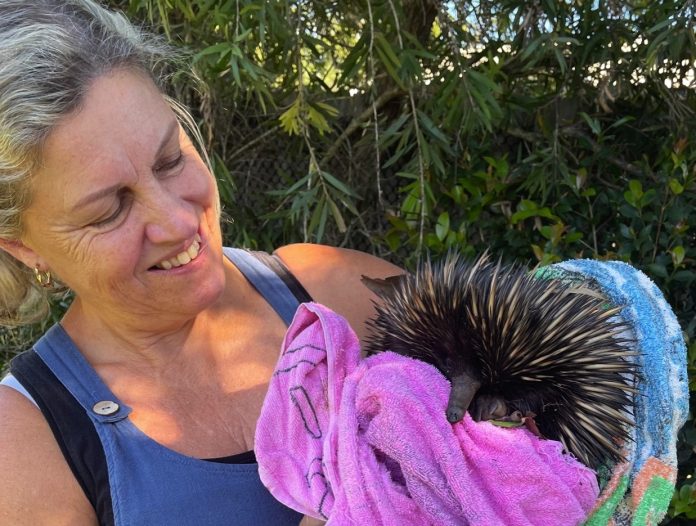Sunshine Coast wildlife carers say they are flat-out and their busiest season hasn’t even started.
There are calls for more volunteers to help animals that have had run-ins with vehicles, domestic pets and urban growth.
Wildlife Volunteers Association Inc. (WILVOS) vice chairperson Donna Brennan said incidents were rising along with the region’s rapid development.
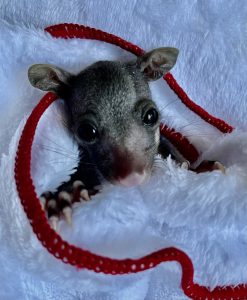
Ms Brennan said the group received about 600 to 800 calls for assistance per month and there were about 1000 additional calls for assistance during the past year, compared to a few years ago.
Do you have an opinion to share? Submit a Letter to the Editor with your name and suburb at Sunshine Coast News via: news@sunshinecoastnews.com.au
“We always need volunteers, especially on the Coast,” she said.
“There are a lot of compromised animals there, and that’s where we’re short of volunteers.”
Ms Brennan was doing weight checks on four young ringtail possums when sunshinecoastnews.com.au caught up with her.
She said volunteers could help with a number of tasks.
“We have some people do transport. They will pick up animals and take them to a vet or to carers or to the Australia Zoo Wildlife Hospital for visits or X-rays.
“Then there are others who man the 24-7 hotline.
Follow Sunshine Coast News on Facebook.
“Then we have our carers who actively rehabilitate the animals.”
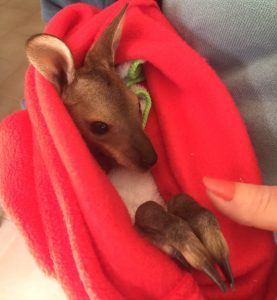
She said even children could get involved.
“They’re our future. They can come in and do the training workshops and things like that.”
Ms Brennan said winter was traditionally busy, particularly because of road incidents.
“At this time of year there are mainly possums and kangaroos. The nocturnal animals are coming out at the same time people are going home from work.”
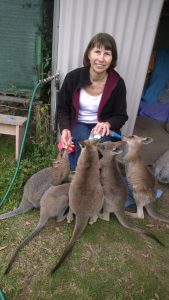
But the peak period for volunteers is during spring, when stricken birds need help.
“It’s super busy from August until Christmas,” Ms Brennan said.
Many chicks require care or re-homing after falling out of nests or failing their flight tests, and many are injured by cats and dogs.
Cats are a major problem to wildlife in general, according to Ms Brennan, who urged owners to take more responsibility for them.
“You cannot get people to keep their cats (contained),” she said.
“We would have so much less work (if cats did not roam).
She said birds and possums were regular victims of cat attacks.
“And last week we had an echidna that was flipped over by cat, and it was mauled underneath and had to be euthanased.”
The Sunshine Coast’s rapid growth has contributed to more calls for assistance.
“They (the calls) are usually wherever the developments are going,” she said.
“We have a good data system so we have the statistics to say to Main Roads: ‘there should be an overpass or underpass here or there’.
“They aren’t going to worry if someone says they saw a koala somewhere, but they will if you have statistics, like how many calls come in from certain areas.
“It’s good to be able to say to Main Roads: ‘that’s a hot spot.”
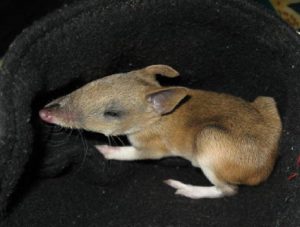
Ms Brennan said the information allowed Sunshine Coast Council to implement initiatives like virtual fencing, which included a roadside device, which was triggered by headlights and emits sound and light to warn nearby wildlife of vehicles.
Help keep independent and fair Sunshine Coast news coming by subscribing to our free daily news feed. All it requires is your name and email. See SUBSCRIBE at the top of this article.
She said members of the public can also help, by being aware and showing care.
“I encourage everyone to put the hotline number in their phone (54 416200) for when they see animals that have been injured or orphaned.”
She praised a couple with a baby, who waited near an injured kangaroo at Ninderry, before it was transported to Australia Zoo Wildlife Hospital.
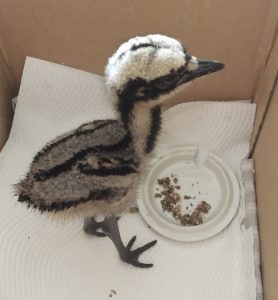
“Sadly there are still people who will leave an injured animal by the road without calling a wildlife group,” Ms Brennan said.
Last week, a group of people helped an echidna their car had struck.
“They placed him in a shopping bag and met with Sharon, one of our WILVOS,” Ms Brennan said.
“X-rays showed minimal damage and a couple of days rest and pain relief should see it ready to return to its home.”
To volunteer, email membership@wilvos.org.au or phone Sylvia on 54467760. More information at WILVOS, see wilvos.org.au
Sunshine Coast-based WILVOS has been operating for more than 25 years, providing rescue, rehabilitation and release services to the local native fauna. The group has about 300 members.


